Sailing to San Blas, Panama We entered the island archipelago from the east and stayed for four days – but if you have the time it’s worth staying longer. For safe navigation in this region, as well as all the usual tools and techniques, it is best to use the Panama Naval Navigation Book called: The Panama Cruising Guide by Eric Bauhaus.
Pay rigorous attention to this book, which we also found useful on the Pacific side of Panama.
These islands reminded us of our stay on the Pearl Islands Plan your approach carefully, with particular attention to your draught.
As you approach the shallows it is very useful to have a lookout on the bow, who should ideally be wearing polarised sunglasses. This makes it much easier to see shallow areas or coral heads that may not be marked on the chart. It is also preferable to approach with the sun behind you The docking options on the islands are almost limitless. We avoided approaching the central island, Nalunega and the nearby islands, where there is also an organised ‘entrance’ that includes payment to the authorities of the Kuna tribe. The most important recommendations: Avoid damaging underwater pipes when anchoring and remember that every coconut, whether on the tree or on the sand or floating in the water belongs to the Kuna tribe. We anchored near the ‘swimming pool’ and chose to anchor near the island inhabited by two small families and an island with only a small strip of sand around it. We swam ashore and walking around it really ‘connected’ us to the eternal peace of the islands. However, when we returned to the boat we noticed a nine-foot-long crocodile that was slowly swimming near the reef where we had just been snorkelling!!! It seemed frightening, but later on a visit to the inhabited island (safely in the dinghy), we were told that “small crocodiles are old friends, and have never harmed us” The Barbecue Island is a beach where yachtsmen gather for an evening on the beach. everyone brings food and drinks for a shared meal and a chance to compare stories and experiences. Local people will visit in their typical ‘keno’ boats, and offer fresh lobsters – about $15 each- and coconuts for $1 They also sell colourful naive crafts.
[apester-exclude-playlist]



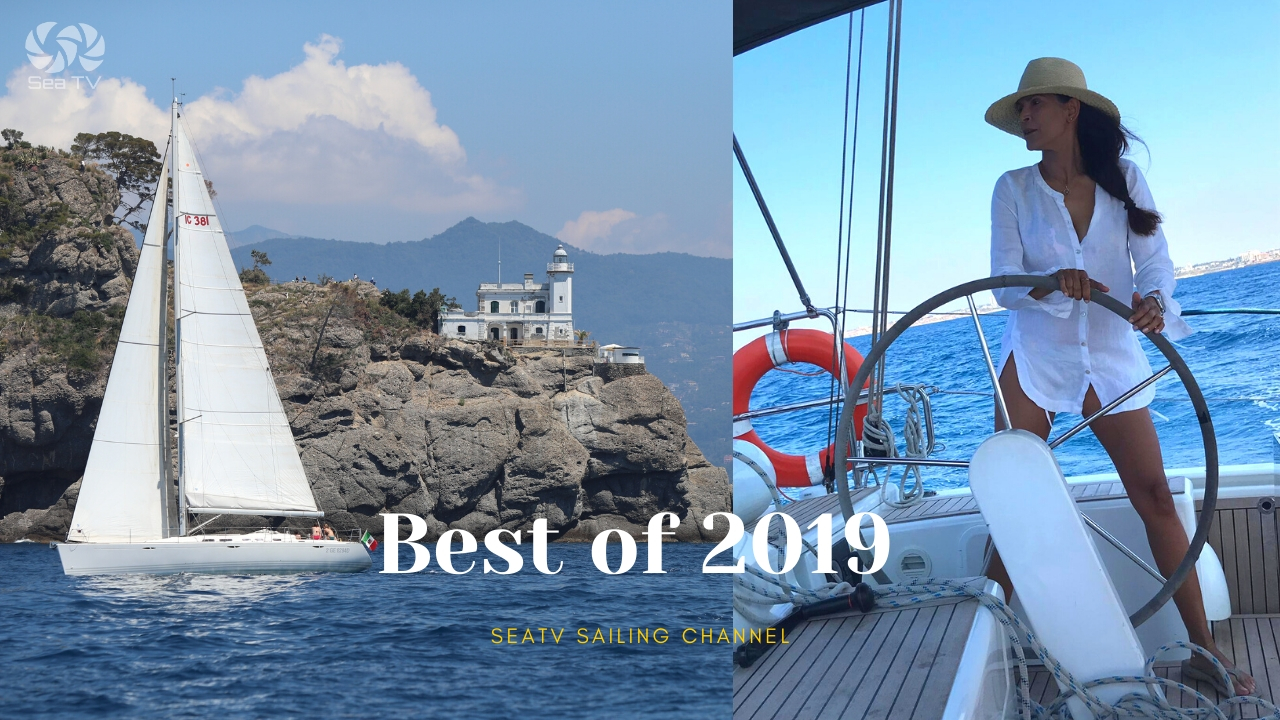
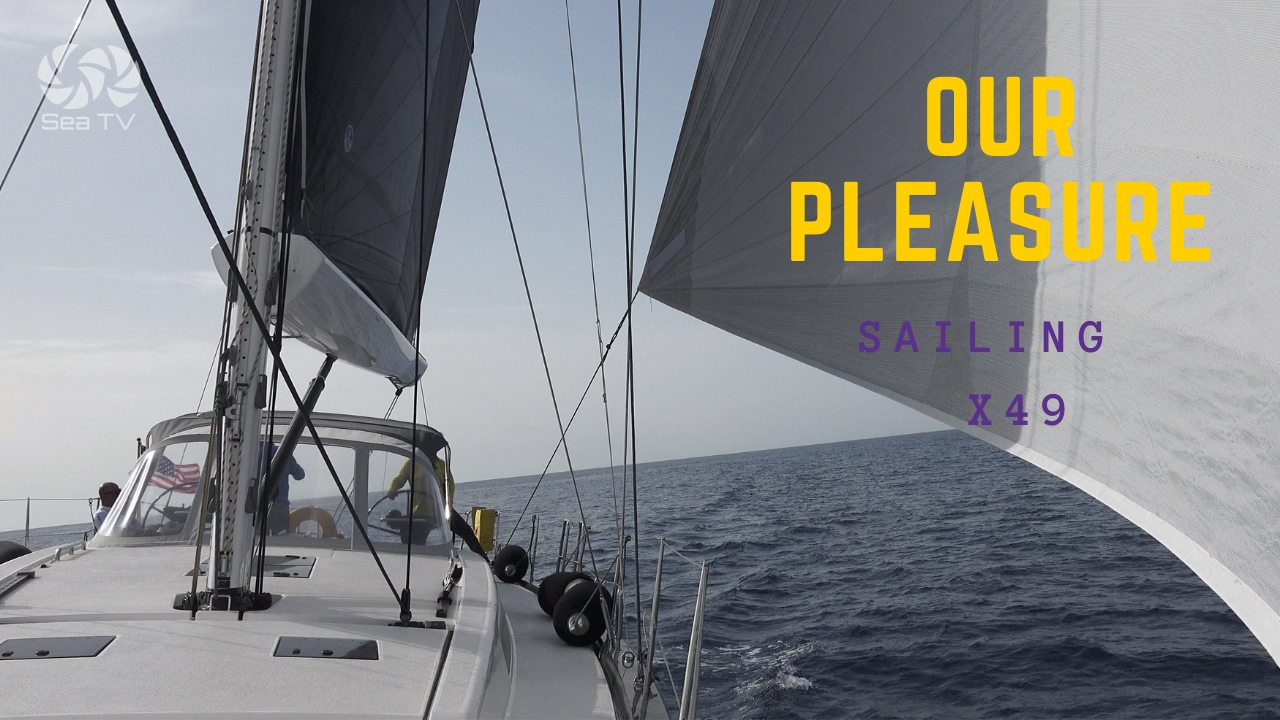
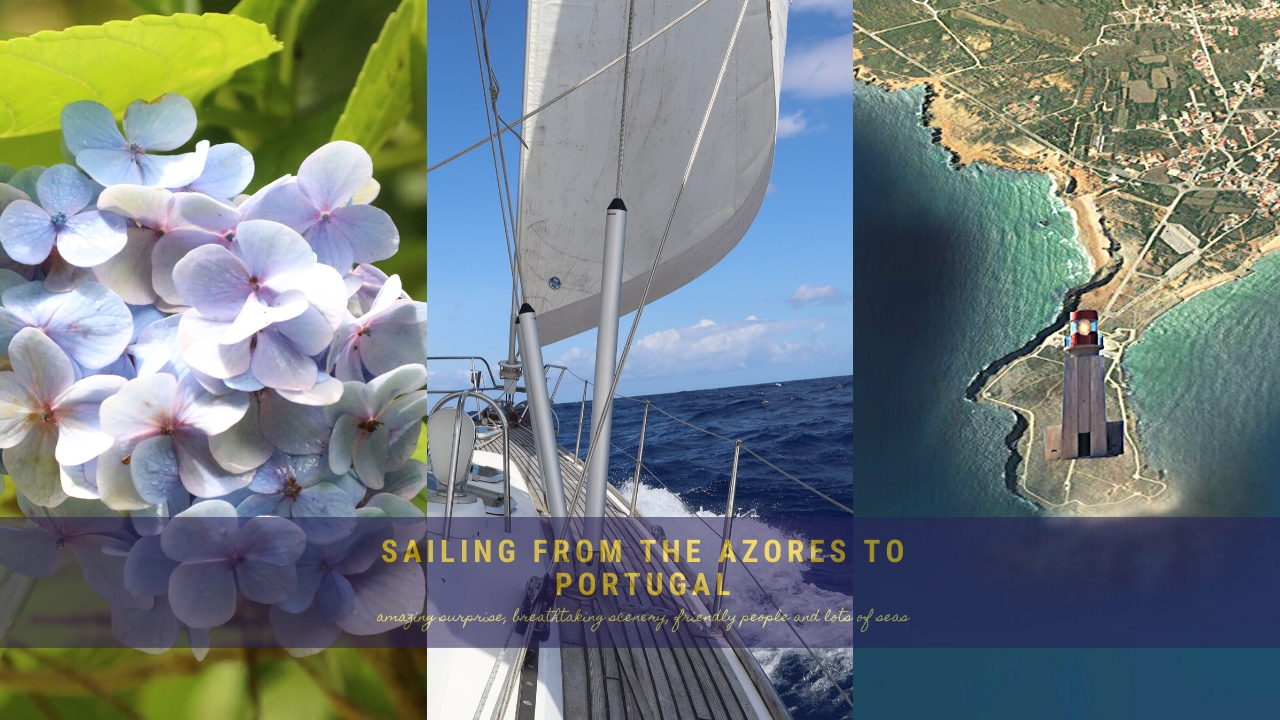
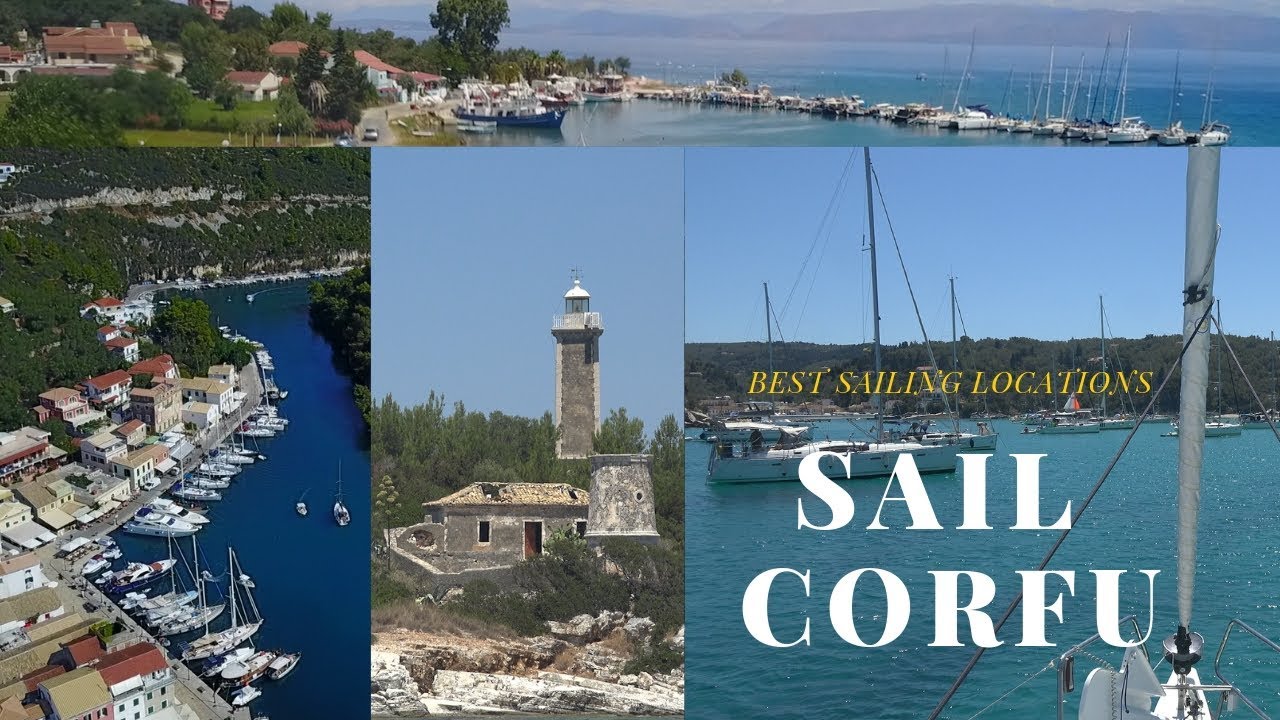
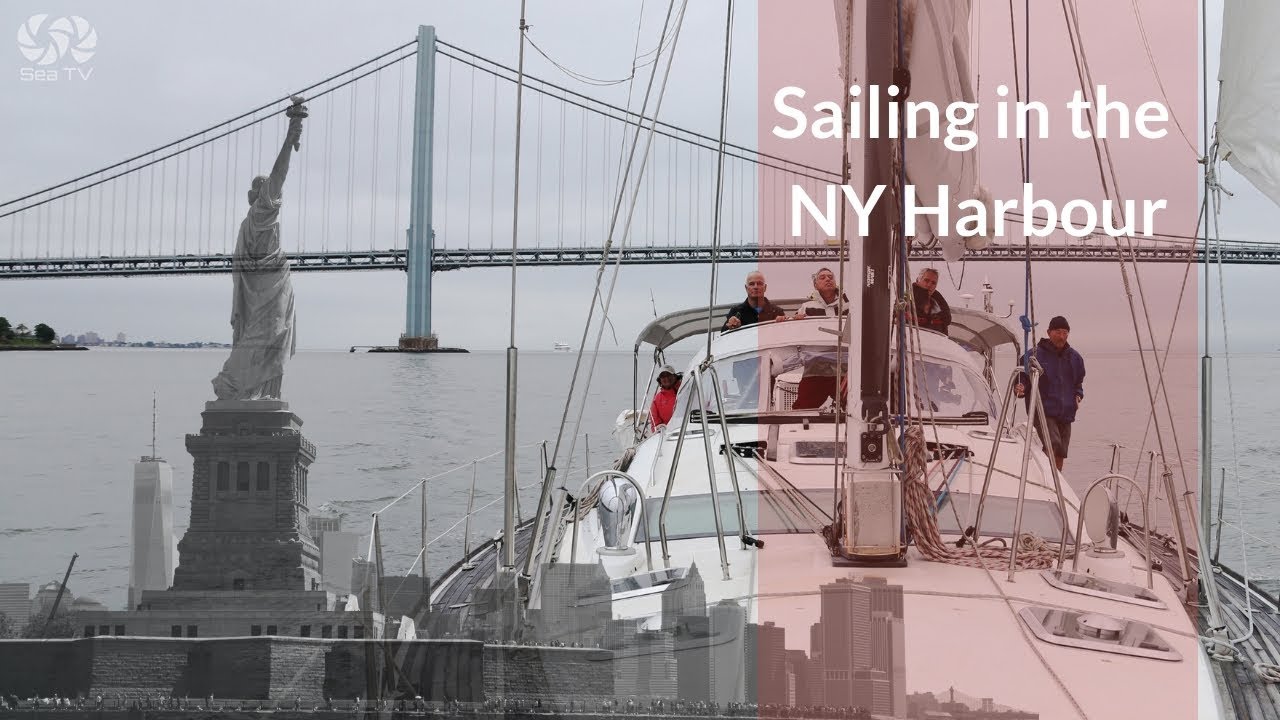


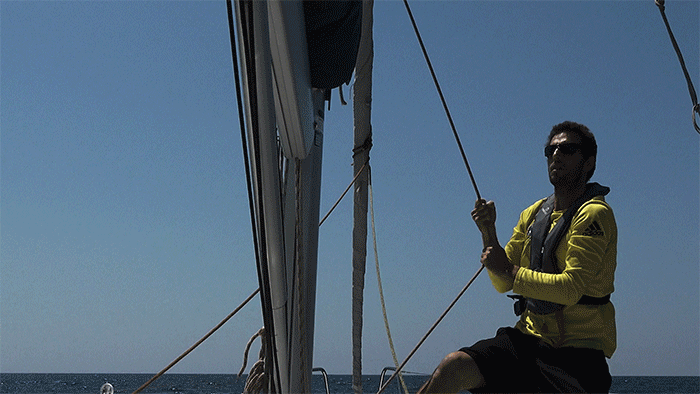
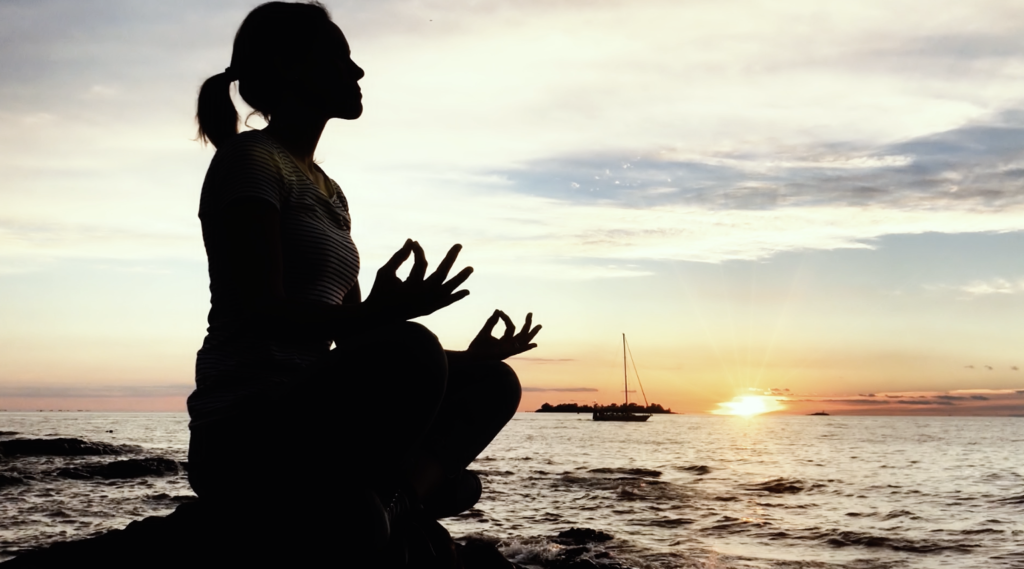
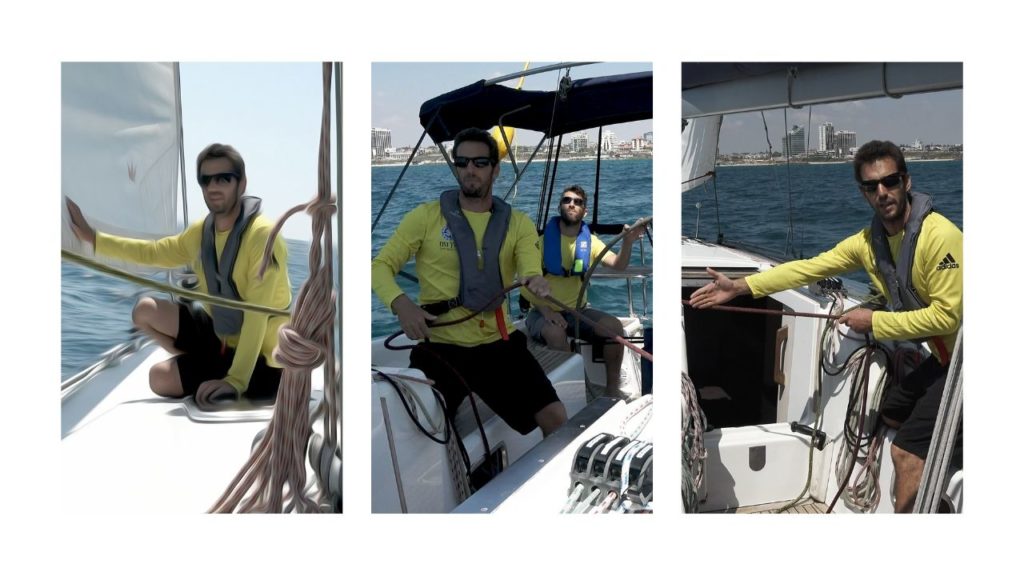

Leave a Reply